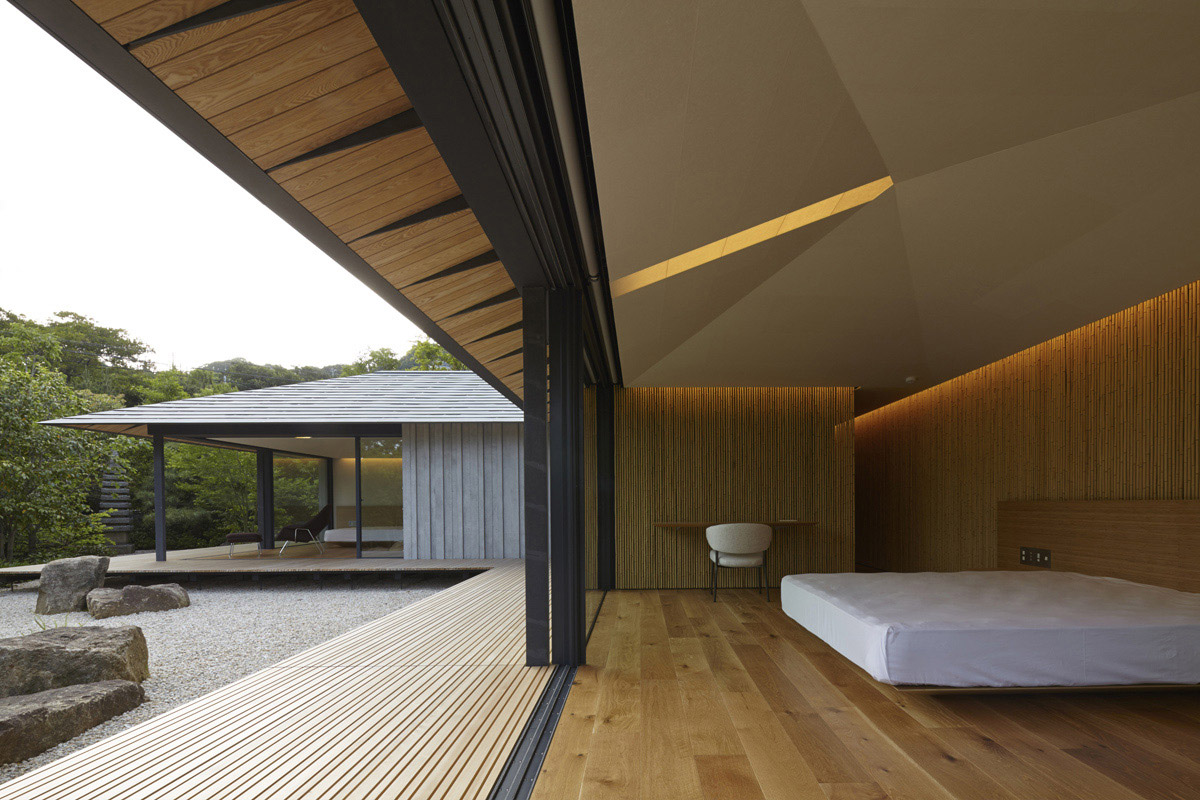Despite potential tariff consequences, Century CEO is bullish on home furnishings
One key issue executives are considering is the potential impact of tariffs on imports, and one CEO said that there might be an unexpected payoff to any increases.

HICKORY, N.C. — While only time will tell what policies will change with the new administration, furniture leaders are preparing for a variety of scenarios. One key issue executives are considering is the potential impact of tariffs on imports, and one CEO said that there might be an unexpected payoff to any increases.
“We are concerned (about tariffs) but only moderately,” said Alex Shuford III, CEO of Rock House Farm Family of Brands, parent company of Century Furniture, Hancock & Moore, Hickory Chair, Highland House, Jessica Charles, Cabot Wrenn, Pearson and Maitland Smith. “The currently discussed levels for countries other than China could be managed. If a reduction in importing also lowers demand for container freight and freight rates fall, that could offset a significant amount of the burden. Chinese-based materials will be a much bigger problem, and supply chains will certainly shift if large tariffs are implemented there.”

Shuford said this RHF is continuing to invest in its domestic wood-working facilities in response to anticipated demand. He added that the company as a whole will be sensitive to country of origin with regard to materials selection over the next development cycle, noting that a tariff war could stimulate the domestic upholstery category at higher price points. Improvements in the housing market could favorably impact business as well, explained Shuford.
“We are absolutely bullish on 2025 and 2026 and believe that the U.S. economy will continue to outperform,” he said. “The Fed should continue to lower rates in the coming year, and that will eventually translate into lower mortgage rates and more mobility. As the housing market thaws, we see a near term growth cycle developing.”
When asked about potential increased demand for furniture and the RHF capacity to meet any uptick in the purchase cycle, Shuford said that what the company learned from the COVID years help inform decisions.
“We have been very careful to protect our capacity over the past 12 to 18 months in anticipation of a growth cycle in 2025 and 2026. The lessons learned during the pandemic ‘super cycle’ are still fresh, and we are confident that we can maintain strong service levels as the consumer reengages.”
Shuford continued by saying that the RHF Companies leadership is optimistic about 2025 as well as home products growth over the next three to five years.
“The industry will have to recalibrate to a more trade restrictive administration, but with strong demand at our backs, we believe that evolution and investment can keep pace,” he said. “Home as a category won more ‘share of awareness’ during the pandemic. We took a breather to recuperate over the past 18 months, but the consumers’ desire for better living has likely been fundamentally shifted to our benefit.”
See also:
What's Your Reaction?












































